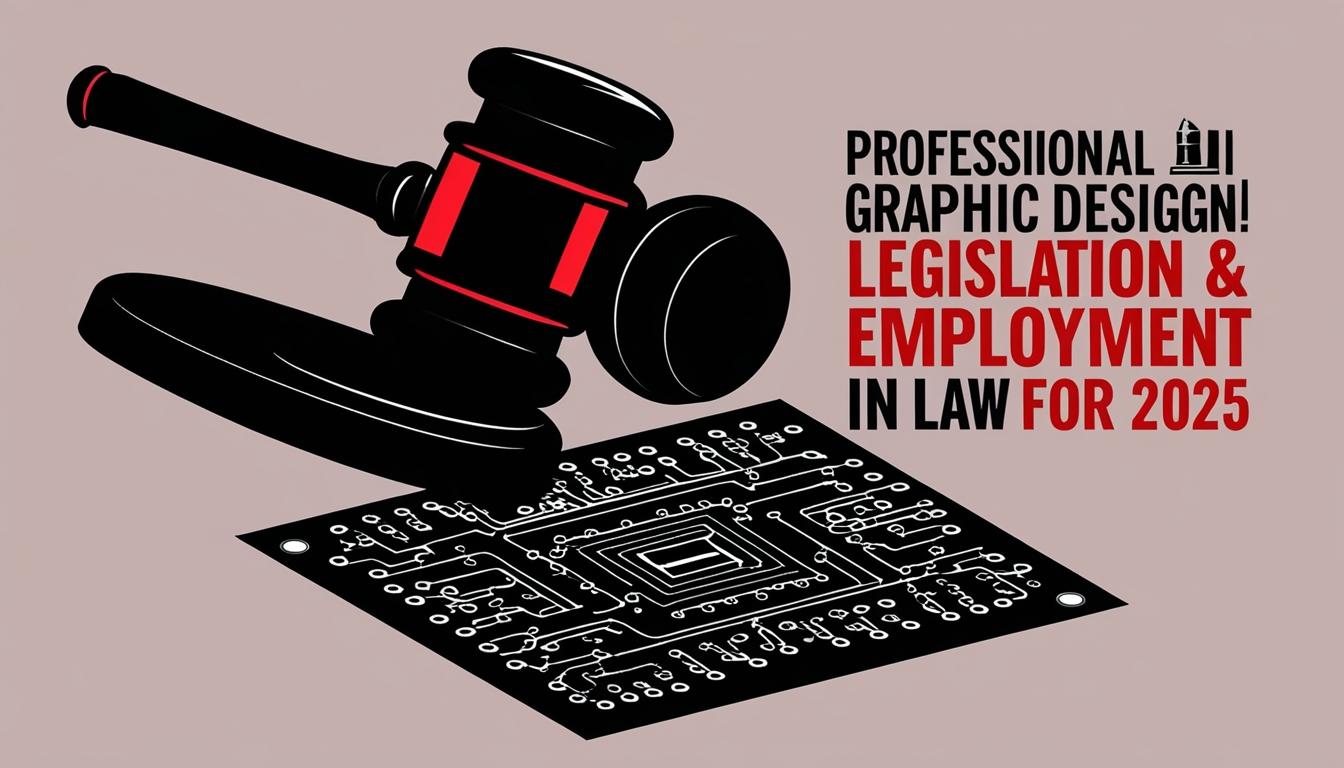As businesses prepare for the evolving legislative landscape of 2025, significant discussions are taking place regarding impending changes in labour and employment law. A recent episode of the podcast "From Lawyer to Employer," hosted by Dan Schwartz, places a spotlight on these developments. The latest instalment features Chris Davis, the Vice President of Public Policy at the Connecticut Business and Industry Association (CBIA), who offers insights into key issues anticipated for the upcoming session of the Connecticut General Assembly.
Central to the discourse are several pivotal topics that employers should closely monitor. Changes related to non-disclosure and non-compete agreements are on the horizon, indicating a trend towards reassessing employment contracts and the implications for employee mobility. Furthermore, predictive scheduling presents another layer of complexity for businesses, as regulatory bodies look to implement measures aimed at improving worker schedules and their predictability.
Artificial intelligence (AI) regulations are also gaining ground as a specific focus area. This emergent topic raises intricate questions about the integration of AI within the workplace, including ethical concerns and operational practices. As industries continue to advance technologically, businesses must prepare to navigate the ramifications of these legislative changes and the implications for AI utilisation.
Davis emphasised the importance for employers to remain informed and engaged with these developments. He underscored the necessity for businesses to anticipate shifts in legislation regarding workplace conditions, which may significantly influence operations and employee relations. The podcast aims to equip employers with practical insights and strategies for successfully navigating the forthcoming legal changes.
With the 2025 session approaching, key stakeholders are urged to follow these discussions closely, as the legislative revisions may reshape the operational landscape for various industries. The ongoing dialogue highlights the importance of being proactive in understanding potential impacts on business practices and preparing for a future increasingly influenced by technological advancement and evolving legal frameworks.
Source: Noah Wire Services
